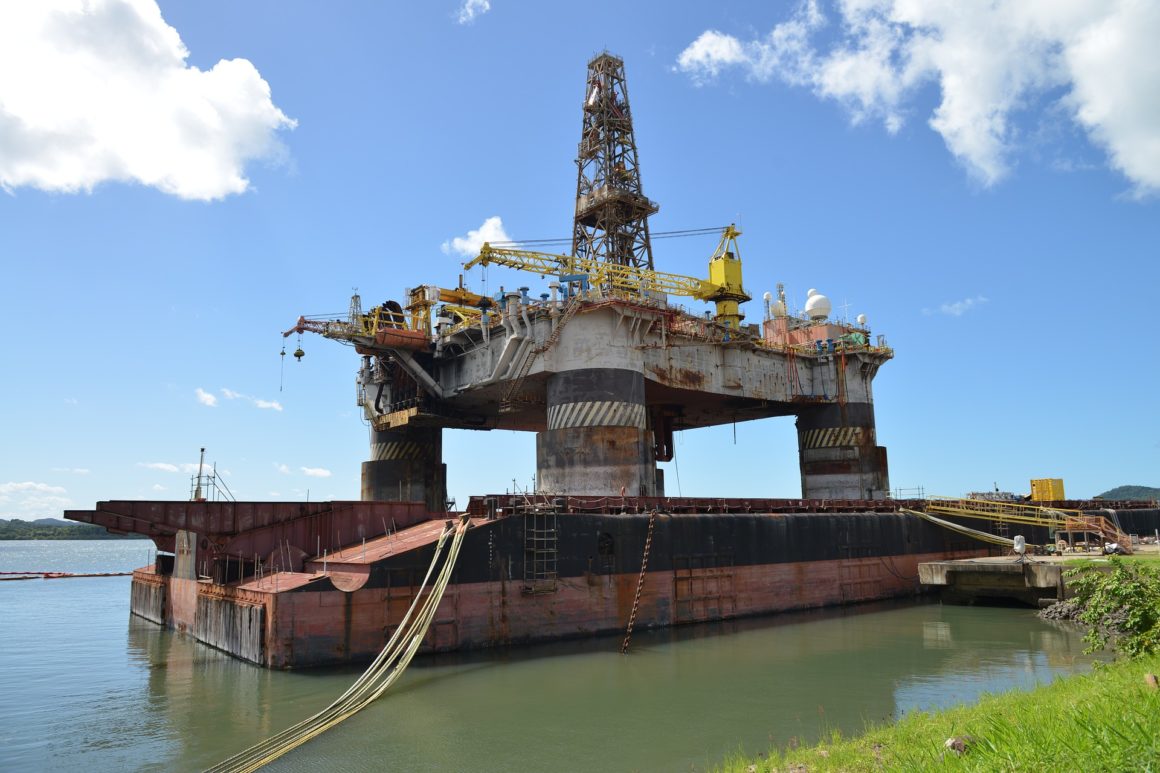As I am sure you are aware, OPEC met at the end of November and, led by Saudi Arabia, has agreed to cuts in oil production. Certain non – OPEC countries such as Russia (which is up there with the US and Saudi Arabia, as the world’s largest producers) and Venezuela have also agreed to cuts. This is being led by Saudi Arabia, where the 31 year power behind the throne and modernizer, Sheik Muhammed bin Salman has seen the light and virtually admitted defeat in trying to drive US shale oil drillers out of business. In a market economy such as the US, what most of them did was stop drilling, lay off staff, cease contracts and retire to head office for the period. In addition to this, technology regarding fracturing continues to improve, as does the knowledge of the geological structures and as a consequence the break even point for US oil shale drillers has come down from perhaps $70 per barrel, where it was three or four years ago to more like $50 per barrel today.
Saudi Arabia has a massive budget deficit, as was pointed out in January’s Saudi budget statement. Sheik bin Salman hopes to substantially reduce Saudi’s dependence on oil by 2030 and in the meantime is trying to sell off 5% of the $2TR Saudi Aramco state oil monopoly. I believe that, on the whole, these cuts will be implemented and maintained; we have seen the oil price rise almost double from a low last January over the last 12 months and this probably puts a floor under it of at least $50 per barrel with favourable consequences for oil companies of whatever type, from oil exploration minnows through to integrated oils such as Royal Dutch Shell. In turn companies in the oil supply chain from dedicated oil service companies down to high end UK manufacturers, who make parts for the oil industry, will benefit. Only this month we visited such a company in Sheffield, where the oil price was high on the agenda for discussion. BP and Shell alone account for 15% of the FTSE 100’s market capitalisation and over 20% of the total dividends paid by quoted companies in the UK.
As such the price of oil is an important factor in determining the structure of an investment portfolio.

